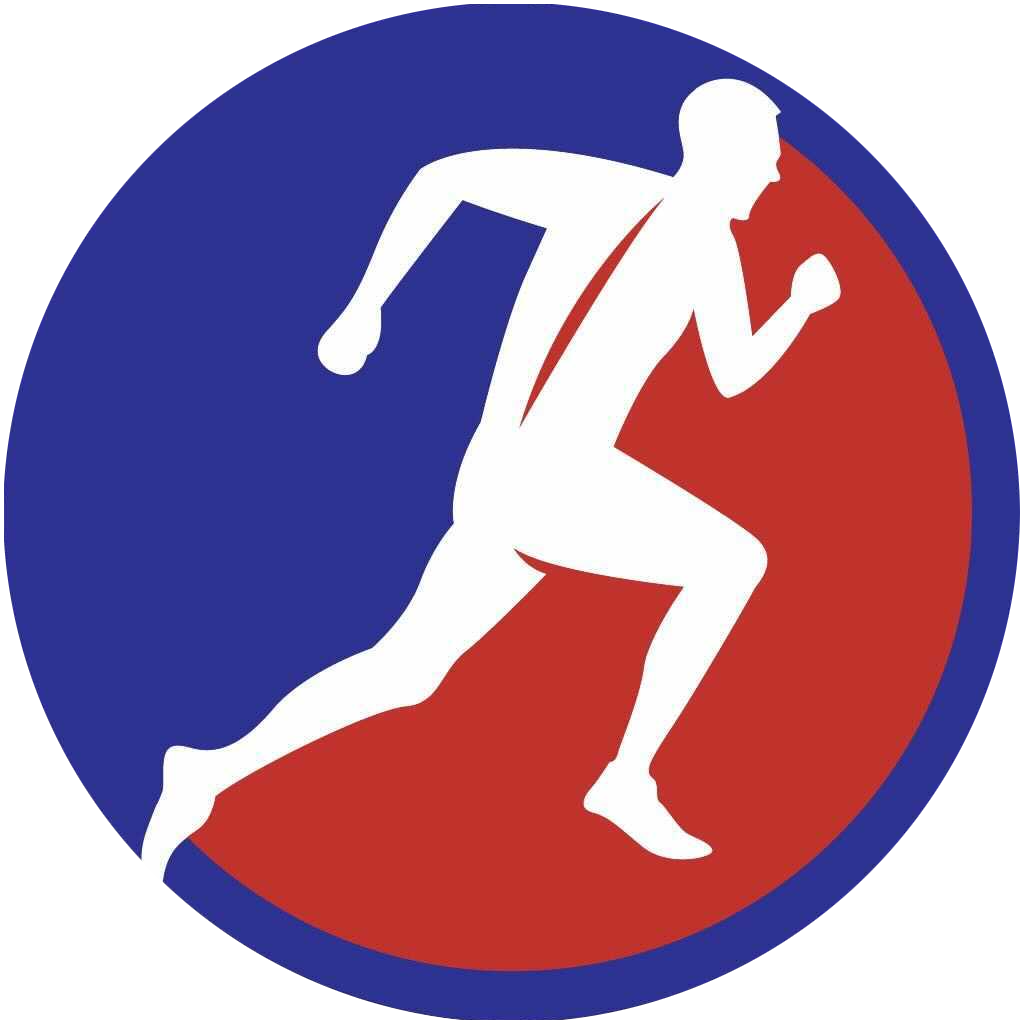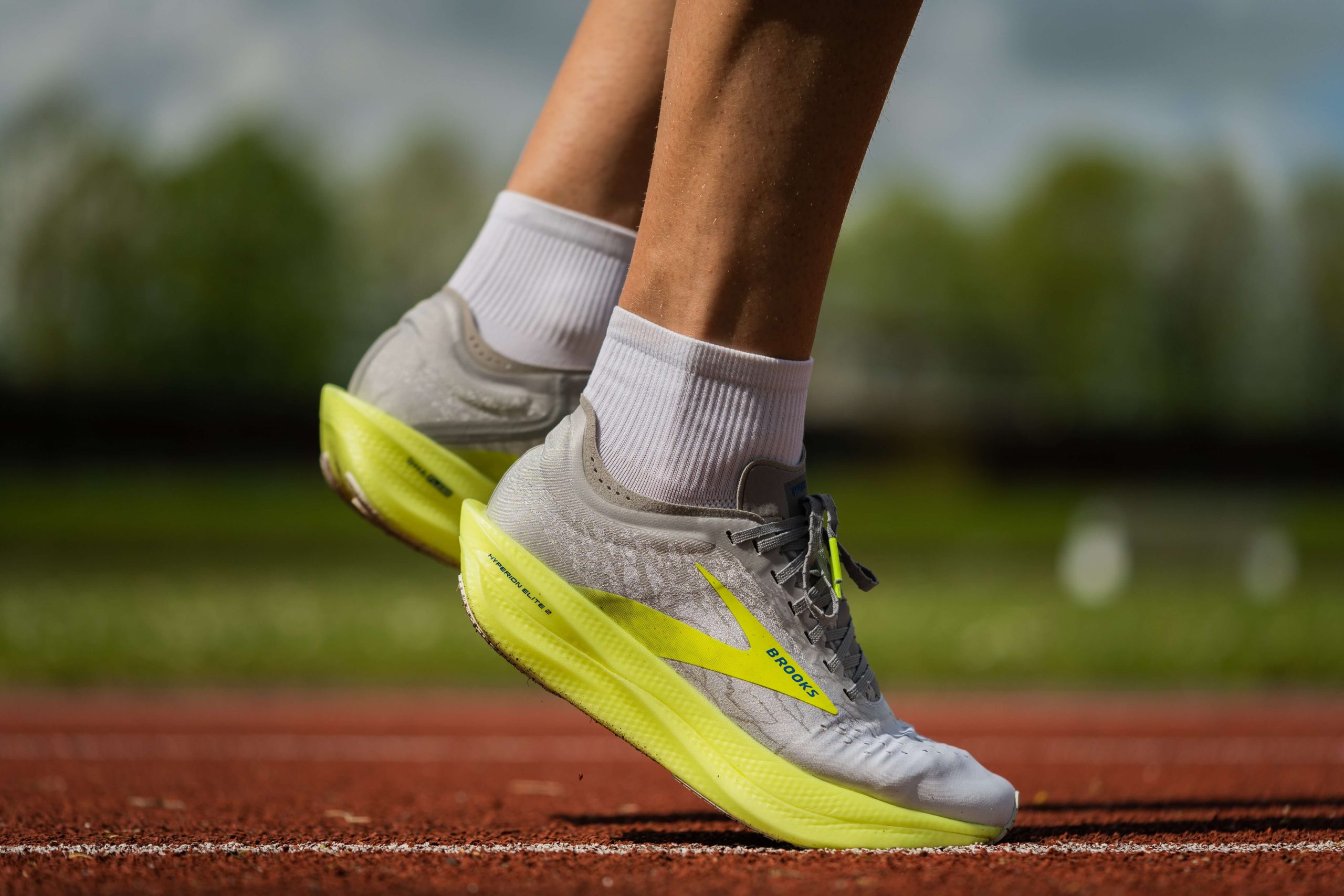Located in the back of your heel, your Achilles tendon is the largest and strongest tendon in your body. This tendon connects the heel bone to the calf muscle. Tendons are bands of fibrous tissues that connect muscles to bones and aid in the exertion of force from muscles. The Achilles tendon helps you move in ways you most likely take for granted if you’ve never injured or had an issue with this tendon: lifting the heel off the ground to walk, run, and jump. When this tendon is injured, it can have serious and debilitating consequences. Keep reading to learn everything you need to know about Achilles tendon injuries and getting the most effective treatment for Achilles tendon pain right here in Glen Mills, Pennsylvania.
Causes
If you’re experiencing Achilles tendon pain, there are a few different factors that could be the cause of this pain. The most common are Achilles tendinitis and Achilles tendinosis.
Achilles tendinitis is an inflammation or irritation of the tendon. This condition is usually caused by overuse or damage to the tendon. If your pain is caused by this condition, you may also experience pain down the back of your leg and around your heel. Parts of your tendon may even become thicker or harden as a result of tendinitis, which will worsen if left untreated.
There are 2 types of Achilles tendinitis: non-insertional Achilles tendinitis and insertional Achilles tendinitis.
In non-insertional tendinitis, small tears in the middle fibers of the tendon begin to break down, leading to pain and swelling. Over time, these fibers may even begin to develop tears, leading to swelling and thickening. This typically affects young, active adults, particularly runners.
Insertional Achilles tendinitis is damage that develops in the area where the tendon meets your heel bone and is usually caused by calf muscle tightness, which increases the strain placed on the Achilles tendon insertion during movement. This form of tendinitis commonly leads to the development of bone spurs. Although this form of tendinitis can affect anyone of any age, even people who do not lead active lifestyles, it most commonly develops in runners.
Hardening or calcifying of damaged tendon fibers takes place in both insertional and on-insertional tendinitis. Tendinitis is also not usually caused by an injury but is instead the result of repetitive stress caused by pushing your body to do too much too quickly.
Another cause of Achilles tendon pain is Achilles tendinosis, in which the tendon begins to break down due to untreated tendinitis.
Risk Factors
As we mentioned when discussing tendinitis and tendinosis, Achilles tendon pain can affect anyone at any age and at any fitness level. However, some of the most common risk factors include:
- Increasing the intensity of an activity or sport.
- Beginning a new sport.
- Tight calf muscles when participating in exercise or a sport.
- The development of bone spurs on your heel, which may rub against the Achilles tendon.
- Wearing inappropriate shoes when exercising.
- Exercising on uneven surfaces.
- Playing sports that involve quick stops and starts.
- Participation in sports like running and dance.
- Occupations that put significant stress on your feet and ankles.
- Being a “weekend warrior”, which can mean your body is not used to the stress of sports or activities.
- Flat arches.
- Overpronation, which is when your ankles roll down and in when you walk.
Common Symptoms Related to Achilles Tendon Pain
If you’re dealing with Achilles tendon pain as a result of Achilles tendinitis, you’ll notice the symptoms affecting your lower leg above your heel. The most common symptoms include:
- Pain in your heel and ankle.
- Stiffness or tenderness in the tendon.
- Weakness in your leg.
- Swelling in the area around your Achilles tendon.
- Increased discomfort following certain activities such as the day after exercising, going upstairs, or walking uphill.
- A painful or stiff feeling in the Achilles tendon when you first get up in the morning.
- Thickening or hardening of the tendon.
- The development of bone spurs in the heel of your foot.
- Difficulty when you try to flex the affected foot.
Diagnosing Achilles Tendon Issues
To determine the appropriate treatment for Achilles tendon pain, your doctor needs to diagnose it first. This will usually start with a discussion of your medical history, overall health, and your symptoms.
In a physical exam, you can expect your physician to gently press on the area to accurately assess where the pain is located as well as if there is any tenderness or swelling. The flexibility, alignment, range of motion, and reflexes of your tendon will be evaluated as well.
Dr. Shiple uses diagnostic musculoskeletal ultrasound to help him accurately pinpoint and diagnose your pain. This diagnostic tool uses sound waves to produce images of muscles, tendons, ligaments, and more. The images produced using this method are captured in real-time, which means that they’re able to show the structure and movement of internal organs to accurately evaluate acute injuries and other pathologies related to tendons, ligaments, and muscles.
Treatment for Achilles Tendon pain
There are a variety of options available for those seeking treatment for Achilles tendon pain. Some common initial treatment measures involve self-care, medications, and physical therapy. If these conservative methods have failed to provide you with relief, it’s time to consider another option.
At our practice, Dr. Shiple prefers to focus on regenerative and minimally invasive techniques that can help you get back to your optimal health with minimal downtime. These treatments include:
- Bone marrow concentrate
- Alpha 2 Macroglobulin Injection
- Tenex Tenotomy
- Autologous Stem Cell Injection therapy
- Percutaneous Intratendinous Calcification Removal
Get Treatment for Achilles Tendon Pain at Delaware County’s Premier Sports Medicine Practice
Non-operative orthopedics provides a way for patients to get successful treatment for all kinds of conditions, including Achilles tendinitis. We pride ourselves on being authorities in the non-operative treatment of orthopedic conditions, sports medicine, and minimally invasive treatments.
We know how important it is for our patients to get back into the game of life, whether they’re professional athletes who want to get back to their sport, someone who wants to get back to their active lifestyle, or someone who just wants to restore their mobility to get back to work. Whatever your reason for seeking treatment, we understand that minimal downtime and maximum mobility is the goal. That’s why we provide the most advanced and least invasive treatment options.
If you’d like to learn more about our services or treatment for Achilles tendon pain options, you can call our office in Glen Mills, Pennsylvania, at (610) 459-4200 or fill out our form. We welcome your inquiry and look forward to helping you find relief from your pain!

